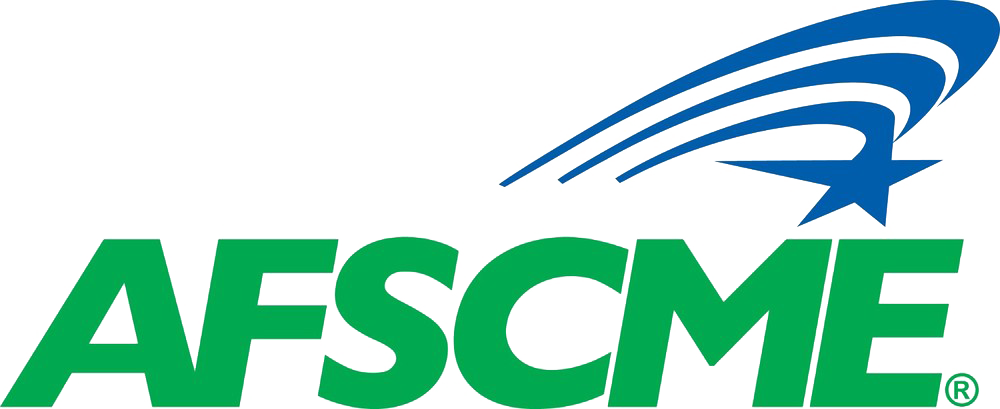The COVID-19 pandemic arrived at a time when our nation’s health care workers were already experiencing burnout. The National Academy of Medicine, in a report from 2019, said that 35% to 54% of nurses and physicians in the United States had “substantial symptoms of burnout.”
Then things got worse.
When the coronavirus began to spread, health care workers, including many AFSCME members, were asked to risk their lives and their families’ well-being to protect the rest of us, often without adequate resources. In calling on the federal government to do more to support front-line workers, AFSCME President Lee Saunders said in April 2020, “While the rest of America hunkers down, these everyday heroes leave the safety of their homes and head to the front lines.”
Now in its third year, the pandemic has offered health care workers little to no opportunity for relief. And problem of burnout among this workforce is one we can no longer afford to ignore.
“As we transition towards recovery, we have a moral obligation to address the long-standing crisis of burnout, exhaustion, and moral distress across the health community,” the U.S. Surgeon General wrote in the introduction to a 2022 advisory on this topic. “We owe health workers far more than our gratitude. We owe them an urgent debt of action.”
Within the AFSCME family, more than 70% of registered nurses, physical therapists, pharmacists and other health care professionals reported experiencing anxiety and burnout, according to a 2021 survey, and nearly half were suffering from insomnia and depression.
“Unless the major underlying factors of burnout are addressed, an exodus of epic proportions will cripple our health care system,” the report from United Nurses Associations of California/Union of Health Care Professionals (UNAC/UHCP) reads.
This year’s surgeon general’s advisory calls for “change in the systems, structures, and cultures that shape health care.” Among its recommendations are to “empower health workers and be responsive to their voices and needs.”
“We can begin by listening to health workers and seeking their involvement to improve processes, workflows, and organizational culture,” the advisory states.
A voice on the job and a seat at the table – through a labor union – are certainly part of the solution.
At the height of the pandemic, AFSCME members who work in health care spoke with one voice when advocating for adequate personal protective equipment and safer workplaces. They also pushed the federal government to issue a permanent health standard to protect health-care workers from COVID-19, Ebola and other highly transmissible diseases.
And nursing homes where staff are unionized were found to have lower COVID infections and death, according to a Health Affairs study.
Failure to address this issue may have consequences that affect us all.
“If we fail to act, we will place our nation’s health at increasing risk,” the surgeon general wrote. “Already, Americans are feeling the impact of staffing shortages across the health system… … As the burnout and mental health crisis among health workers worsens, this will affect the public’s ability to get routine preventive care, emergency care, and medical procedures.”
AFSCME supports a bill in Congress – the “Nurse Staffing Standards for Hospital Patient Safety and Quality Care Act of 2021” – that would, among other things, establish minimum nurse staffing requirements nationwide.

